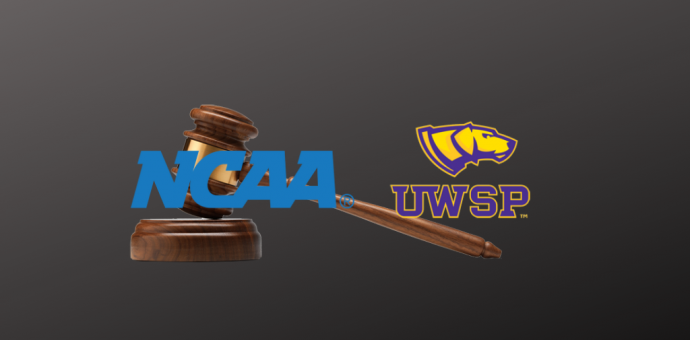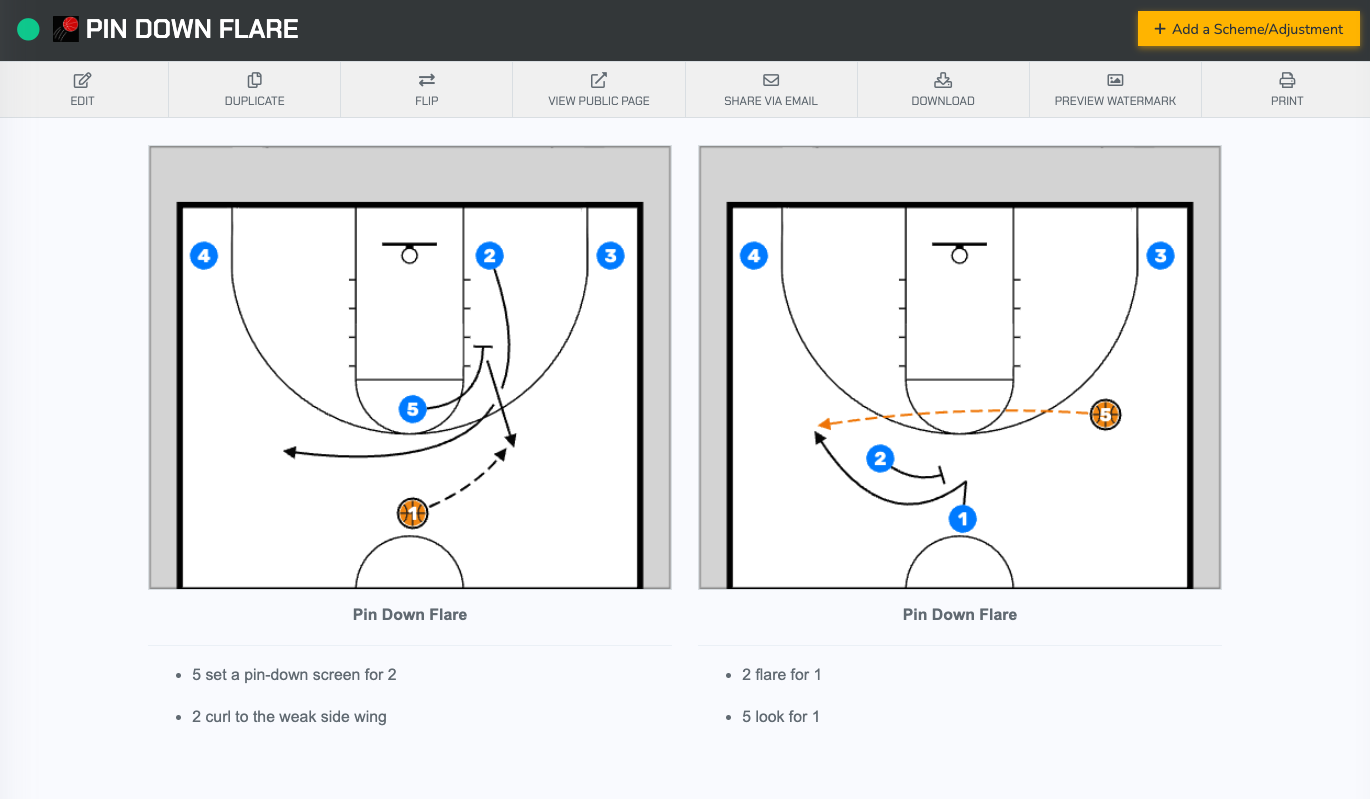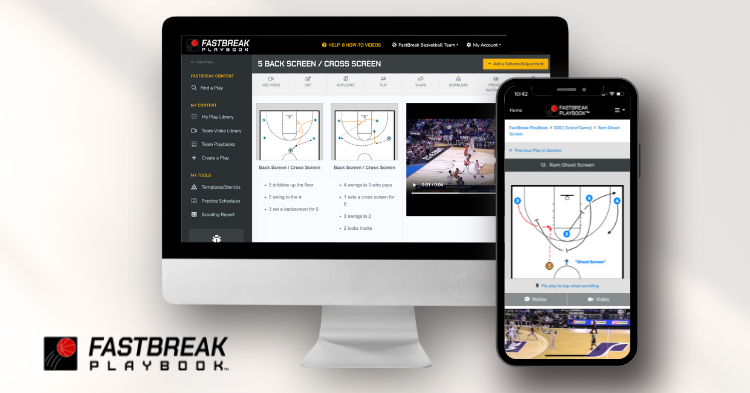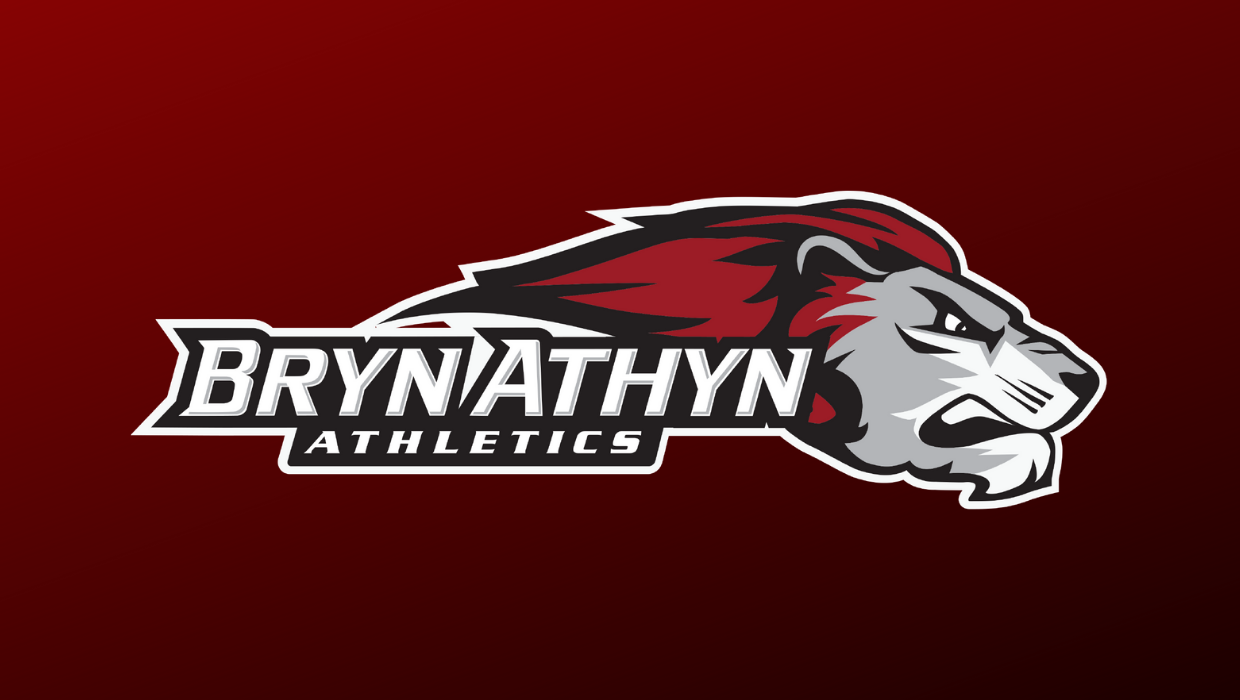The Wisconsin-Stevens Point athletics department, their former AD, and current head basketball coach Bob Semling, were all penalized by the NCAA today. The major findings were that, “over a five-year period, the men’s basketball coaching staff routinely observed, influenced and, at times, participated in sport-specific activities outside the practice and playing season allowed by NCAA rules.”
The NCAA has imposed the following penalties:
- Public reprimand and censure.
- Four years of probation.
- A three-year show-cause order for the former athletics director. During that period, he must attend two NCAA Regional Rules Seminars and receive ethics training.
- A two-year show-cause order for the head coach. During that period, he must attend one NCAA Regional Rules Seminar and receive ethics training. The committee acknowledged his 13-game suspension during the 2016-17 season and required attendance at the 2016 NCAA Regional Rules Seminar. The committee noted it could have prescribed a more stringent show-cause order if the university had not taken this action.
- A postseason ban for the 2016-17 season (self-imposed by the university).
- A prohibition of men’s basketball official visits during the probationary period. The committee acknowledged the university’s self-imposed prohibition since Jan. 1, 2017.
- A delay in the first men’s basketball practice date for the 2017-18 season by three days and a three-day delay of the first practice in the 2018-19 and 2019-20 seasons (self-imposed by the university).
- The university forfeited three men’s basketball practices at the beginning of the 2016-17 season (self-imposed by the university).
- Outside audit of the college’s athletics policies and procedures, with an emphasis on compliance and rules education.
- A $2,500 fine (self-imposed by the university).
The official PDF of the public infractions decision can be found HERE.
In addition, the NCAA released the following statement:
Wisconsin-Stevens Point did not monitor its men’s basketball program when the coaching staff directed, observed and engaged in activities outside the playing season, according to a decision by the NCAA Division III Committee on Infractions.
The head men’s basketball coach did not promote an atmosphere for compliance within his program due to his involvement in some of the violations. The university’s former athletics director violated NCAA ethical conduct rules when he provided the NCAA enforcement staff and university false or misleading information about his knowledge of the violations.
This case was resolved through the summary disposition process, a cooperative effort where the involved parties collectively submit the case to the Committee on Infractions in written form. The NCAA enforcement staff, involved individuals and university must agree to the facts and overall level of the case to use this process instead of a formal hearing. The former athletics director contested his show-cause penalty, but the COI maintained the penalty on review of his written submission.
The committee found that over a five-year period, the men’s basketball coaching staff routinely observed, influenced and, at times, participated in sport-specific activities outside the practice and playing season allowed by NCAA rules. The impermissible sessions occurred five days a week for five weeks each fall and five weeks each spring. The coaching staff distributed workout sheets detailing drills to be completed with provided space for the student-athletes to record their performances. The head coach also selected teams for scrimmages and authorized assistant coaches to participate in the occasional scrimmages. The coaching staff also allowed prospects visiting the university to participate in the sessions, contrary to NCAA recruiting rules.
In its decision, the committee noted that the out-of-season activities provided the student-athletes extra practice opportunities and skill instruction and gave coaches additional opportunities to assess student-athlete and team development. It continued that these violations gave the university an unfair competitive and recruiting advantage over schools that follow the rules.
The head coach directly participated in the violations. While the head coach was not involved with previous violations, the committee found he demonstrated that rules compliance was not foremost on his mind as he ran his program. It continued that out-of-season activity rules are fundamental, and the head coach did not ask the former athletics director whether his involvement in the activities was permissible.
The committee found the university did not recognize and adequately act on multiple indications that the program routinely conducted out-of-season activities and impermissible recruiting activity. The activity took place in a highly visible area near the former athletics director’s office. The balcony where the coaching staff observed the workouts was a main pathway, and the coaches’ actions were easily visible to athletics administration.
Several athletics staff members alerted the former athletics director about the impermissible activity. Despite the alerts, the former athletics director did not recognize, react to or stop the impermissible conduct, the committee said. The athletics department did not give information about NCAA playing and practice seasons rules to those involved in scheduling facilities. Because of this, the schedulers did not recognize that holding courts for student-athletes during times where practices were impermissible created a risk of violations.
The committee noted that NCAA member schools must identify violations and report them, especially when alerted to potential violations. It also noted the failure to monitor the men’s basketball program was significant considering the multiple red flags and alerts provided to the former athletics director over the five-year period.During the investigation, the former athletics director told the enforcement staff and the university that he did not know the men’s basketball staff was observing and involved in the activities. Multiple individuals, however, contradicted these assertions, and he worked in an area where the activities were easily observed. The committee warned that failing to give truthful information substantially damages the ability for the university and enforcement staff to conduct a thorough and timely investigation.







